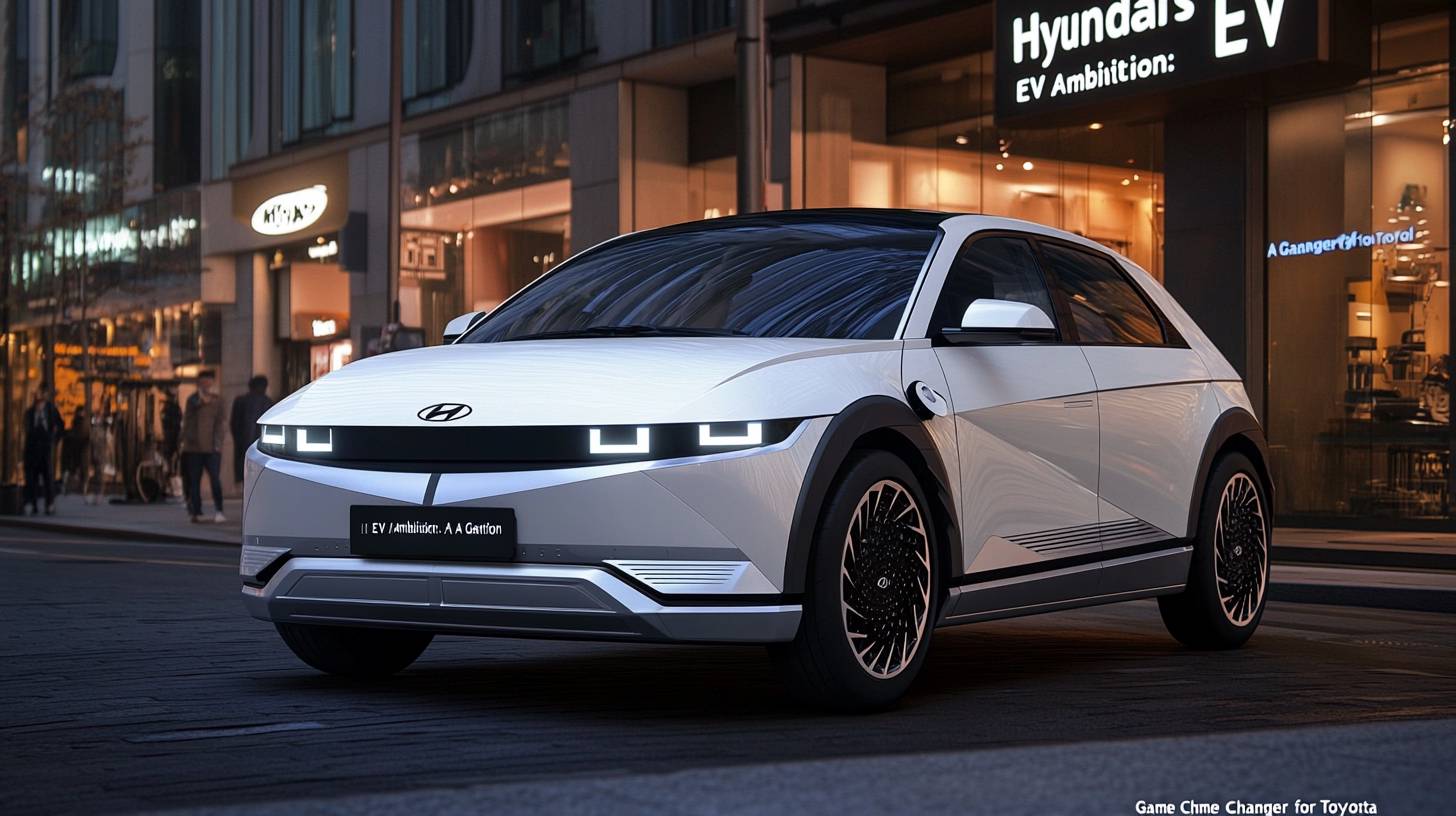
toyota’s hybrid initiative: a daring step in a changing market
In a swiftly changing automotive environment, where attention is shifting increasingly towards electric vehicles (EVs), Toyota has made a strategic move that has taken industry experts and its devoted customers by surprise. In a unique conversation with Reuters, Toyota leaders revealed that the company is making a substantial commitment to hybrid-electric vehicles (HEVs). The intention is to convert the majority, if not all, of its gasoline-powered vehicles to hybrid powertrains for both the Toyota and Lexus labels.
David Christ, head of sales and marketing for Toyota North America, provided further insight into this approach, mentioning that the company will thoroughly evaluate each model for its potential conversion to a hybrid. “Moving forward, we plan to analyze, model by model, whether opting for all-hybrid is feasible,” Christ stated.
This decision emerges as Toyota, the second-largest automaker by volume, maneuvers through a market that is increasingly led by fully electric vehicles. Nonetheless, Toyota’s choice to focus on hybrids instead of fully electric models is a calculated gamble, particularly as competitors are quickly transitioning to electrify their offerings. This strategy reflects Toyota’s perspective that hybrids still play a crucial role in the shift towards a more sustainable automotive future, especially in regions where EV infrastructure is still evolving.
For stakeholders and investors in Australia, Toyota’s hybrid initiative might suggest a more thoughtful path to electrification, balancing the immediate advantages of lowered emissions with the realities of current infrastructure. This could present a more stable investment option compared to the high fluctuations commonly linked to pure EV investments.
hyundai’s electrification vision: hybrids and more
Conversely, Hyundai is adopting a broader strategy for electrification that could resonate well with the Australian market. At its 2024 CEO Investor Day, Hyundai revealed an ambitious blueprint that not only enhances its hybrid vehicle offerings but also introduces a new class of vehicles—Extended-Range Electric Vehicles (EREVs). This initiative, known as the “Hyundai Way,” aims to elevate the manufacturer’s global sales to 5.5 million units by 2030, with 2 million projected to be electric vehicles.
For the Australian market, Hyundai’s focus on hybrids and EREVs may prove particularly attractive. The country’s extensive distances and relatively underdeveloped EV charging network highlight the practical benefits of the extended range provided by EREVs. These vehicles merge the advantages of electric driving with the reassurance of a compact combustion engine functioning as a generator, allowing for a range exceeding 560 miles (900 kilometers). This could reduce range anxiety, a major hurdle to EV uptake in Australia.
Furthermore, Hyundai’s vow to double its hybrid range from 7 to 14 models by 2030, which includes premium offerings from Genesis, positions the company to secure a greater share of the Australian market. The decision to produce these hybrids in its Georgia factory, alongside its battery-electric vehicles, emphasizes its dedication to satisfying the rising demand for electrified vehicles in North America and potentially other regions, including Australia.
Hyundai’s plan also encompasses the launch of next-generation hybrid powertrains by January 2025. These updated powertrains are anticipated to deliver enhanced performance and lower fuel consumption, incorporating state-of-the-art EV technologies such as regenerative braking and bidirectional EV charging. For Australian consumers, this may result in more efficient and adaptable vehicles tailored to the country’s varied driving conditions.
In light of a “recent dip in EV demand,” Hyundai’s introduction of EREVs could act as an essential transitional phase towards full electrification. These vehicles are projected to be more economically accessible than traditional battery-electric options due to their smaller battery sizes. Hyundai plans to kick off mass production of EREVs by late 2026, with sales commencing in 2027. The company aims to distribute over 80,000 EREVs in North America, and if successful, this could lead to comparable achievements in Australia.
For Australian investors, Hyundai’s varied approach to electrification presents an enticing investment prospect. The company’s emphasis on hybrids and EREVs, in conjunction with its commitment to standard battery-electric vehicles, offers a well-rounded portfolio that may mitigate risks associated with the turbulent EV market. As Hyundai continues to innovate and enhance its electrified products, it could establish itself as a leading force in the Australian automotive sector, providing both consumers and investors with a spectrum of options that address the unique challenges and opportunities of the region.

